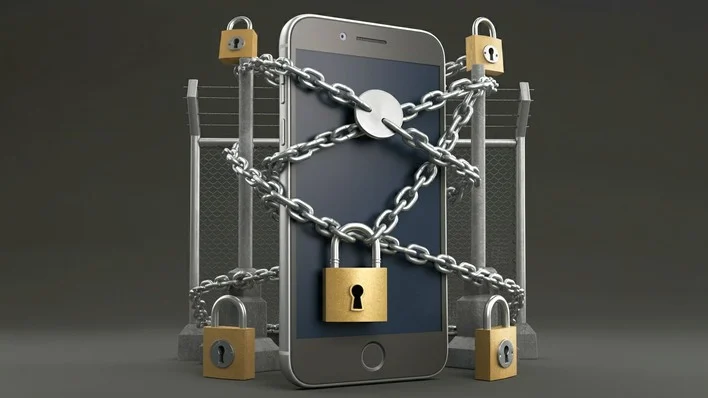Apple Faces $1.2B iCloud Lawsuit Ahead Of Launching iOS 18.2
The danger stems from how Apple was going to scan for CSAM, whenever content was being funneled onto its iCloud service. It involved scanning images on a user’s device before the data was uploaded to the company’s servers. Once this kind of solution is implemented, however, it’s a slippery slope, and could only be a matter of time before more requests are made for different kinds of scanning, such as requests from governments seeking to find political or religious content.

One thing that might make this fight difficult for Apple is American law enforcement’s repeated calls for “responsible encryption.” The word responsible is subjective here, as what law enforcement is seeking is encryption with a built-in backdoor. The infiltration of US telecom companies earlier this year by hacking group Salt Typhoon highlight the danger of systems that feature backdoors.
Apple isn’t just facing pressure from entities within the United States to weaken the encryption either. An effort in Europe called “Chat Control,” which is also working to prevent the spread of CSAM, has been pushed by several lawmakers. There have been numerous attempts to implement this measure, but to this point it hasn't received enough support. This could quickly change depending on what happens in the United States, though.
It's going to be a tough fight in the years ahead for the company, as it looks to fend off this lawsuit and potential government pressure to weaken its encryption offerings.

